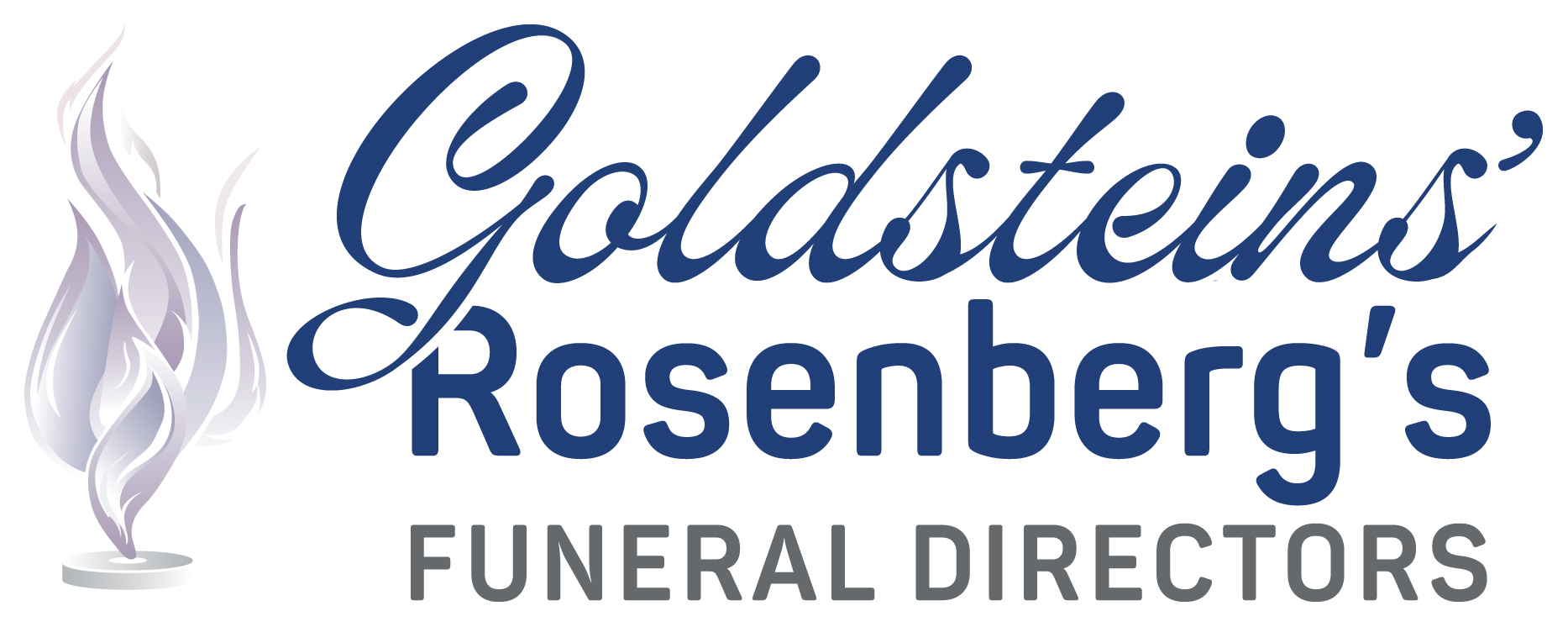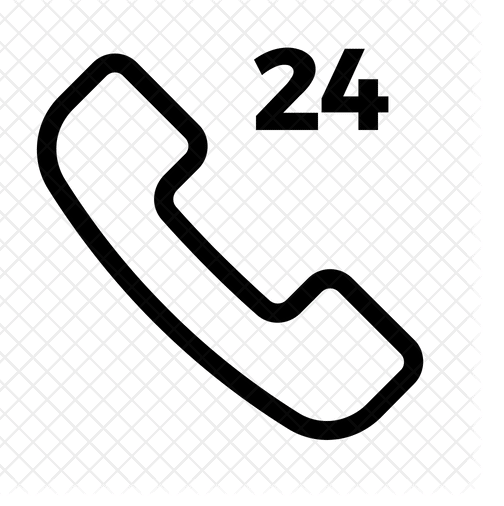
10 Tips on Finding a Qualified Grief Counselor
Finding a qualified grief counselor is essential when you are seeking support and guidance during the grieving process. Grief counselors can provide valuable assistance in coping with the emotional and psychological challenges that arise after the loss of a loved one.
Here are ten tips to help you find a qualified grief counselor:
- Seek recommendations: Start by asking for recommendations from trusted sources such as friends, family, or healthcare professionals. They may have firsthand experience or know someone who has benefited from the services of a grief counselor.
- Research credentials: Look for counselors who have specialized training and experience in grief counseling or thanatology (the study of death, dying, and bereavement). Check their educational background, certifications, and professional affiliations to ensure they have the necessary qualifications.
- Consider specialization: Grief counseling encompasses various approaches and techniques. Depending on your specific needs, you may benefit from a counselor who specializes in a particular area, such as working with children, trauma, or specific types of loss (e.g., sudden loss, suicide, or miscarriage). Consider your unique circumstances and search for counselors who have expertise in those areas.
- Check licensing and accreditation: Ensure that the counselor you choose is licensed to practice in your state or country. Licensing requirements vary, so familiarize yourself with the regulations in your area. Additionally, look for counselors who are affiliated with reputable professional organizations, such as the American Counseling Association or the Association for Death Education and Counseling.
- Assess experience: Inquire about the counselor’s experience in working with grief and bereavement. Find out how long they have been practicing and how many clients they have helped. Experience can provide valuable insights and a deeper understanding of the complexities of grief.
- Read reviews and testimonials: Search for online reviews or testimonials from previous clients. Reading about other people’s experiences can give you an idea of the counselor’s approach, effectiveness, and the rapport they establish with their clients. However, keep in mind that personal preferences and outcomes may vary.
- Schedule an initial consultation: Many counselors offer an initial consultation or brief phone call to discuss your needs and determine if they are the right fit for you. Use this opportunity to ask questions, gauge their communication style, and assess their level of empathy and understanding.
- Consider compatibility: Establishing a good rapport with your grief counselor is crucial. Trust your instincts and consider whether you feel comfortable and understood during your initial interaction. A compassionate and empathetic counselor can provide the safe space you need to navigate your grief journey.
- Inquire about the therapeutic approach: Different counselors may use different therapeutic modalities or approaches, such as cognitive-behavioral therapy, person-centered therapy, or narrative therapy. Research these approaches to determine which ones resonate with you. During your consultation, ask the counselor about their preferred approach and how it aligns with your goals and needs.
- Financial considerations: Understand the counselor’s fees and insurance coverage, if applicable. Grief counseling can be an investment in your emotional well-being, so consider your budget and the value you place on receiving professional support. Additionally, check if they offer sliding-scale fees or payment plans to accommodate your financial situation.
Remember, finding the right grief counselor is a personal process. Trust your instincts and take your time to find someone who can provide the support and guidance you need. It’s okay to meet with multiple counselors before making a decision. With the help of a qualified grief counselor, you can navigate the grieving process and find healing and growth on your journey toward recovery.





